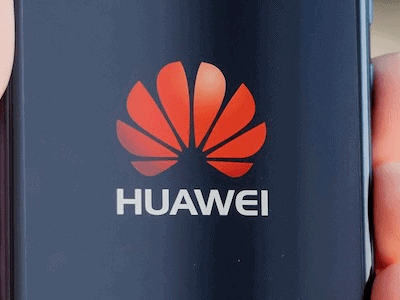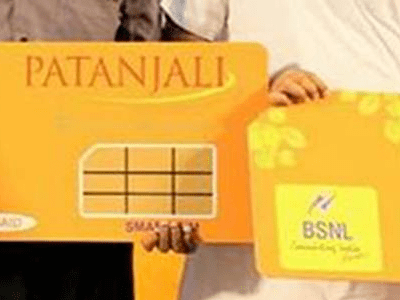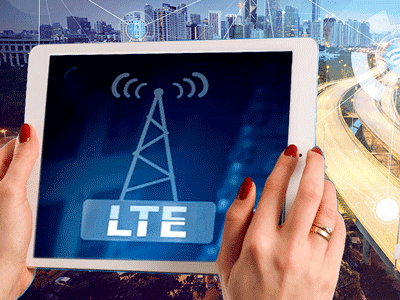The announcement by Microsoft that Skype users within India would henceforth not be able to call a landline or mobile phone within the country is a move to synchronize the service policies with the regulations of the land.
The implications for an India-based user would be that s/he would be no longer able to make a SkypeOut call to a mobile or a landline phone within the country. In India the TRAI regulations read that PSTN-IP-PSTN termination is not permitted for use within the country. So, no local or national voice traffic can be terminated in this manner.
However, a user can continue to make Skype-Skype calls even within the country. Besides, when a user registered out of India travels abroad, s/he can call a mobile or landline number back home in India. Essentially, what Skype will do is to block call traffic originating from an Indian ISP routed to a mobile or landline phone in India.
I went through several media reports on the issue and it struck me that too much is being read into the recent Microsoft announcement, and perhaps the decision is being seen as one which has an implication for a substantial stream of revenues. Now, let me make it clear, in India national – local or long distance call rates are very, very cheap. Some of the mobile operators also offer special STD recharge packs that make long distance calls cheaper than normal tariffs, such packs being regularly used by heavy STD callers. In this context, if we look at the Skype rates available on their website, a Skype voice call to a mobile or landline in India would be a little over 1 cent a minute which is over 60 paise. This is uncompetitive, compared to the 50 paise a minute offered by most mobile operators.
In fact, I don’t see a reason today, why a user in India will use Skype to call a mobile or landline within the country. There were evident reasons had we been talking about the scenario that existed 8-10 years ago, as tariff differentials were substantial. If a subscriber wants to use Skype so that her / his location cannot be traced, technology advances in telecoms forensic analysis in recent years mean that the caller and her / his location are easily traceable by the intelligence agencies, even for calls that originate from the IP cloud.
However, in spite of the above-mentioned developments, there is a definite value add that Skype offers – a video call will happen only when it is an IP-IP call. This is legal and free and in no competition to the PSTN landline or mobile voice-only calls.
While Microsoft has taken a step to align services as per the law of the land, it will barely have an impact on today’s users or telecoms industry. Such a decision could have impacted the India Telecoms sector a few years ago, but the industry has moved on and so has the user. So, dear Skype users don’t get needlessly stressed out doing an impact analysis. Continue to use Skype services for what I believe would be a favourite with most of you, whether you are in India or outside – Skype video calls to family, friends and business acquaintances.
Faisal drives new initiates at CMR. Having over 13 years of research and consulting expertise in technology domain, he specifically covers Telecom, IP Technologies, Devices, Electronics, Applications and other emerging technologies.
Faisal completed his Master’s degree in Business Administration, specializing in Marketing and Finance. He also holds a Bachelor’s degree in Business Administration.











